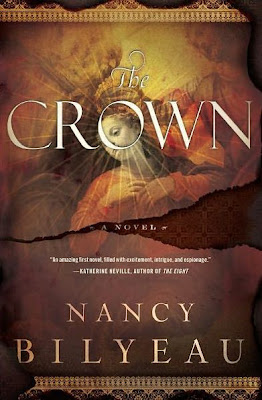God, Mr. Darcy, and St. Therese
Are you afraid of standing before God on Judgment Day? Does the thought of facing Him make you fear death? Even if you’ve committed mortal sin in your lifetime, you only have to fear God in one circumstance–if you die unrepentant, or with no intention of confessing your sin as soon as possible. Here’s how my husband, St. Therese, and Mr. Darcy taught me to think of the Final Judgment with peace. My husband and I met through Single Catholics Online (now Ave Maria Singles). After emailing and talking on the phone for several weeks, we decided to meet in person. As I was preparing for our first date, my hands shook from nervousness. I told myself, “There’s nothing to worry about. It’s just Dan.” We had gotten along great in our conversations. We already knew a lot about each other. We were friends. We were old enough to have been completely genuine with each other, rather than acting a part. What did I have to fear? If it wasn’t God’s will for our relationsh...





